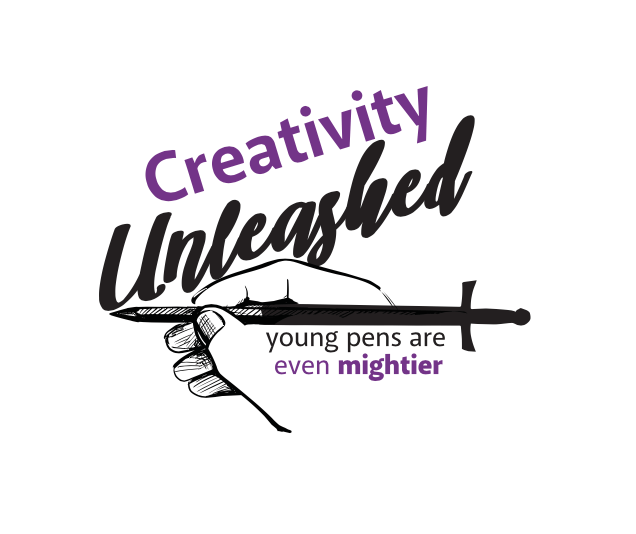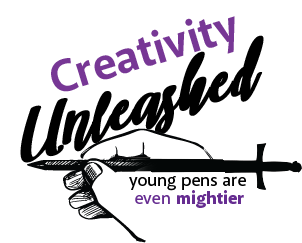Plastic Beauty Year
2050 was marked as the year of perfect faces and impossible bodies. They called it the Plastic Beauty Year. No matter where you turned your eyes, people looked like reflections of each other. Identical puffed cheeks, swollen lips, and waists so narrow you could grasp them with one hand. Even children were pulled into this crazy, morbid obsession with “perfection.”
I was born into the richest family in the world of plastic surgery, the daughter of the enablers of this madness. Our hospital promised transformation, beauty, and perfection. “Everyone deserves to feel beautiful,” my father always said, as if beauty was something which needed to be sold, carved, or injected.
But who would I be, I wondered, as I grew older?
At first, it was small things. When I was ten, my mother handed me a catalog of "starter procedures.” She smiled as she flipped through the pages, pointing at options for nose jobs, lip fillers, cheek enhancements. "Look, darling," she said, her own lips stretched so tightly they barely moved, "This will make you feel confident. Everyone will love you."
”But that’s not me. I want to look like me.”
I saw her smile crack, only for a second, but it was enough to let little me know that something was wrong.
By fourteen, I was the only person in my class who hadn’t yet had any procedures. I’d hear whispers behind me. “Barbwild,” they’d call me. It was the word for people who rejected the surgeries, a name that carried shame like a tag that I could not shake off. My classmates would laugh, their surgically sculpted faces twisted in mockery. My teachers would look at me in disgust. Once, I even heard them chattering in their office: “I don’t get why she couldn’t go get a procedure, I am gonna barf while teaching her.”
At home, things weren’t much better. My family didn’t understand my resistance. “You’re embarrassing us,” she said one night, her voice trembling with anger. “How are we supposed to sell perfection if our own daughter rejects it?”
“I don’t think perfection should be sold,” I replied, my voice soft but steady.
My father sighed, his disappointment putting weight on my head and lowering it. “You don’t get it, do you? People are born broken. We fix them. That’s what we do. We are doing something good!” But I didn’t believe that.
After I get fixed, who am I?
***
When my sixteenth birthday finally came, my parents announced my birthday "gift" at dinner. A full makeover, the kind that would make me unrecognizable to myself, but more like the people on the streets. “This is for your future,” my mother said, smiling as if she were giving me the world. “You’ll thank us one day.”
That night, I cried for hours, not only because of them forcing me to do something I don’t want to do, but also because I knew they couldn’t see me. They only saw what they wanted me to become, and they would never respect me.
The morning of the surgery, I walked into my parents’ room. They were still in bed, the early light casting shadows across their “perfect” faces. “I won’t do it,” I said, my voice trembling.
My mother sat up, her expression hardening. “You don’t have a choice.”
“I do,” I said, tears brimming in my eyes. “And I’m choosing to stay who I am. I’m choosing me.”
My father stared at me, his disappointment cutting deeper than any scalpel ever could. “You’ll regret this,” he said.
But I didn’t.
***
I walked out later that day, feeling stuffy in my heart. My parents made it clear: either I undergo the surgery and become “perfect,” or I lose them. I chose to lose them. I chose to lose the people who couldn’t love me as I was. However, for the first time, I felt free—free from the suffocating expectations of a “perfect” world, free from the chains my own family had forged.
People glanced at me, their whispers sharp like needles against my skin.Some laughed. Others just looked confused or uncomfortable.
Then I heard a small voice.
A little girl tugged at her mother’s hand and pointed at me. “Mommy, her face is different,” she said, her voice filled with wonder, not judgment.
Her mother looked at me, and for a moment, I braced myself for the sting of another rejection. Then, she smiled, a genuine smile that seemed to acknowledge me.
I walked on, catching glimpses of myself in the glass windows. My reflection stared back, raw and untouched, not moulded by scalpels or dictated by someone else’s idea of beauty.
I am myself.

